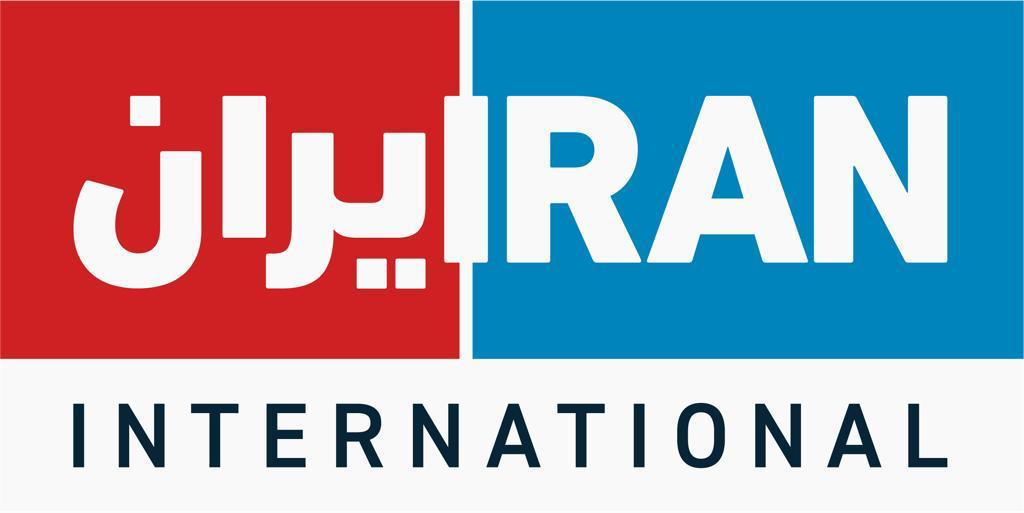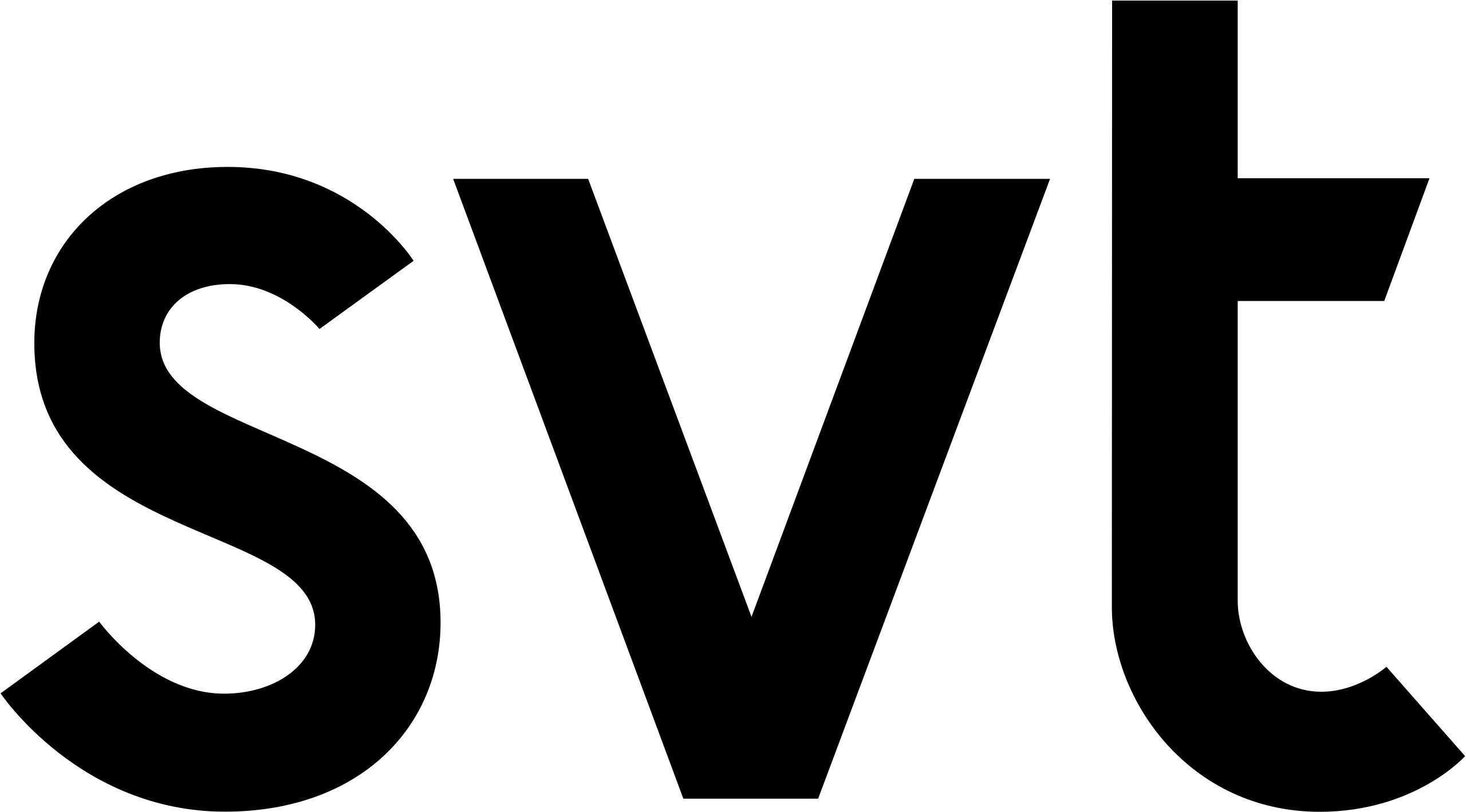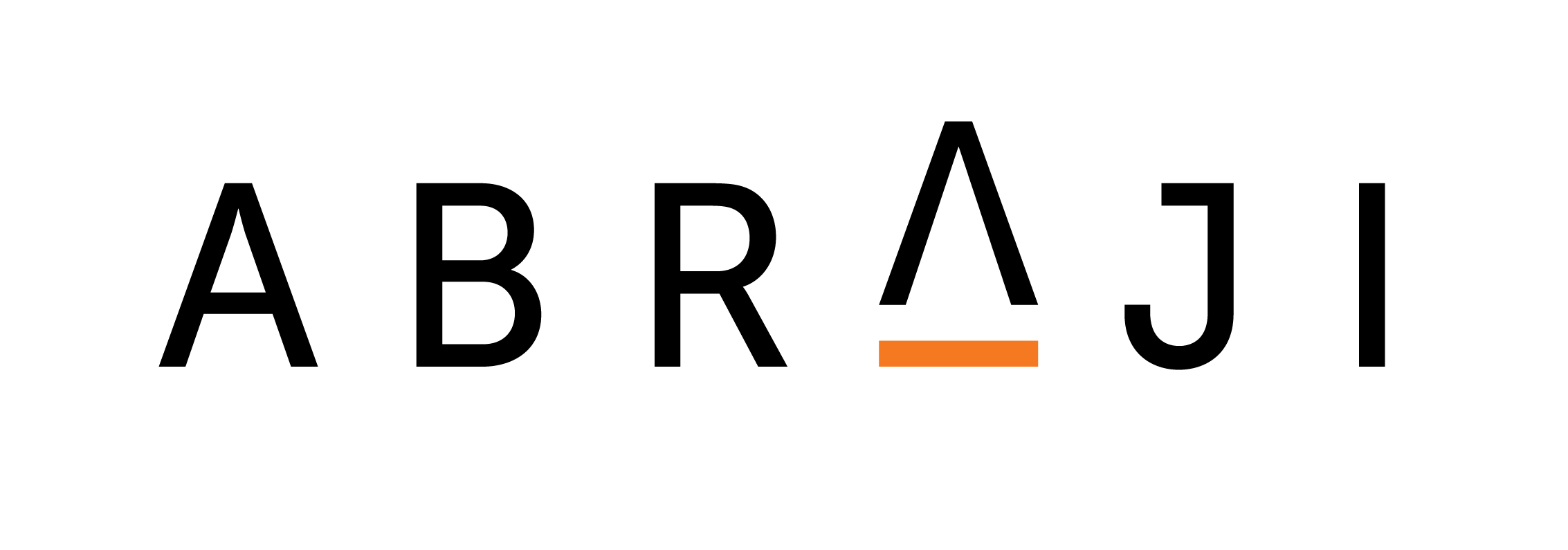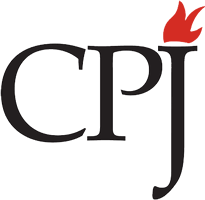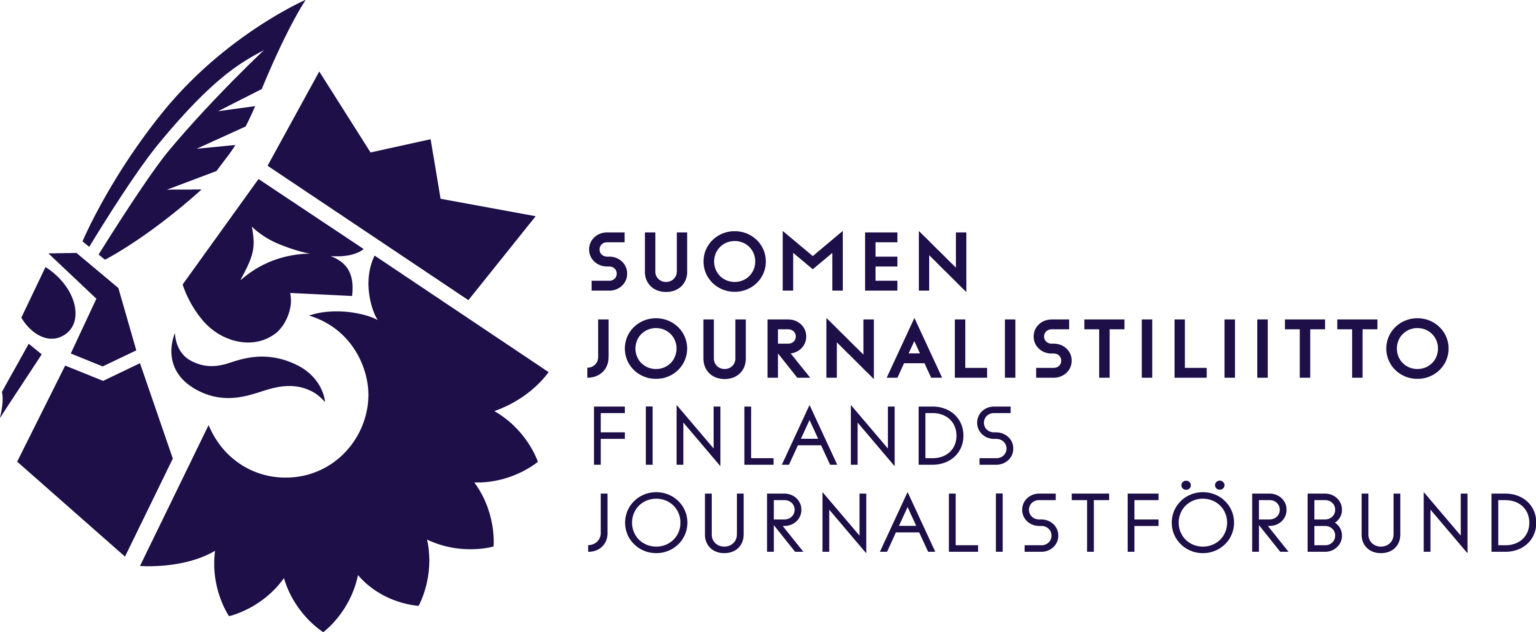All journalists have the right to exercise their profession free from persecution, physical and online attack.
While recognising that the conditions under which journalists and media staff work can never be completely safe, INSI strives for the elimination of unnecessary risk, in peace and conflict. It draws on the expertise of its members to lobby on behalf of journalists everywhere who are confronting physical and psychological barriers to the free and independent gathering and dissemination of news.
The INSI Safety Code
1. The preservation of life is paramount. Staff and freelancers should be made aware that taking unwarranted risks in pursuit of a story is unacceptable. News organisations should consider safety before competitive advantage for journalists in hostile environments.
2. Assignments to hostile environments, both at home and abroad, should be voluntary, involve experienced news gatherers and be undertaken only after a robust risk assessment has been carried out. No career should suffer as a result of refusing a dangerous assignment. Editors in the newsroom or journalists in the field may terminate a dangerous assignment, after consultation when possible.
3. All media staff should receive hostile environment and risk awareness training before being assigned to, or reporting from, a hostile environment. This includes training in digital security, environmental hazards and first aid.
4. Attention should be given to dealing with online harassment including the potential psychological trauma caused by such attacks.
5. Employers should ensure that journalists are informed about the conditions in the location and are aware of international rules of armed conflict and humanitarian law. Journalists also have a responsibility in ensuring they have done the relevant research.
6. Employers should provide effective and up to date safety equipment including ballistic vests, helmets and protective clothing. All journalists should carry an up to date and complete first aid kit. All team members should know how to use this equipment.
7. Where required, employers should seek advice from security consultants and offer a security escort on the ground.
8. All journalists, including freelancers, should receive insurance while working in hostile areas, covering personal injury, emergency evacuation and death.
9. Employers should be aware of the potential risks faced by local freelancers and staff before deploying them in locations that might be deemed too dangerous for reporters based outside the country.
10. Employers should make available free confidential counseling for journalists covering distressing events and for newsroom staff who may be suffering from vicarious trauma. They should train managers to recognise traumatic stress. Employers should ensure families are kept fully informed in the event of an incident involving next of kin.
11. Journalists are neutral observers. No member of the media should carry a firearm in the course of their work.
12. Journalists may face specific safety concerns based on their gender, religion, ethnicity and sexual orientation, and employers should take appropriate measures to mitigate these concerns.
13. Journalists should never share sensitive information on personal or professional social media channels and should avoid posting any content that may put themselves or their colleagues at risk.
The INSI Safety Code was developed from a number of existing industry codes prepared by leading journalist groups and media organisations.























